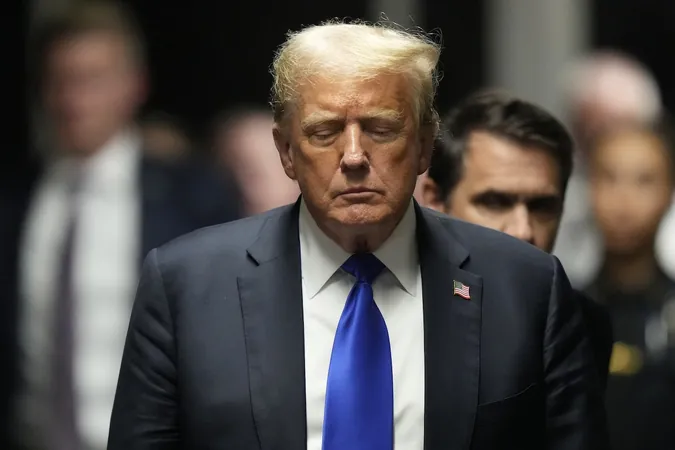
U.S. Judge Set to Decide on Trump's Hush Money Conviction Amidst Heightened Tensions
2024-11-11
Author: Jacques
In a stunning turn of events following Donald Trump's recent election victory, a Manhattan judge is poised to make a pivotal decision regarding his criminal conviction for hush money payments linked to adult film actress Stormy Daniels. While most defendants might crumble under the weight of such a verdict, Trump has managed to flip his situation, transforming it into a rallying cry among his supporters, who proudly don merchandise proclaiming, “I’m Voting for the Felon.”
"The real verdict is going to be on November 5 by the people," Trump declared after being convicted on 34 counts of falsifying business records earlier this spring. Judge Juan M. Merchan is expected to announce his ruling soon on Trump's appeal to overturn the conviction, a decision delayed in September to avoid influencing the election.
This case holds significant implications as Trump seeks to erase the hush money verdict, which involves efforts to conceal a $130,000 payment made to Daniels. Allegations of an affair threatened to derail Trump's successful 2016 campaign, and he continues to deny wrongdoing, dismissing the conviction as part of a "rigged, disgraceful” politically charged "witch hunt."
Notably, a U.S. Supreme Court ruling in July granted former presidents broader immunity from criminal prosecution for actions carried out while in office. Trump’s legal team argues that this ruling could invalidate the basis for his state-level conviction, asserting that the discussions surrounding the payment to Daniels occurred while Trump was a private citizen. However, Trump was officially president when reimbursements were made to his former attorney Michael Cohen, who testified that discussions regarding repayment occurred in the Oval Office.
The complexities of the situation deepen as Trump's lawyers claim that the prosecution introduced inappropriate evidence that tainted the case, including specific testimonies related to his presidency and the interpretation of his official conduct. Prosecutors, on the other hand, maintain that Trump's conviction centers around personal conduct unrelated to any official presidential duties, thus not covered by immunity.
As the judge's ruling approaches, the stakes are substantial. If upholding the verdict, sentencing could occur as early as November 26, while potential penalties for Trump could range from fines and probation to a maximum of four years in prison. Trump's legal strategy includes attempts to transfer the case from state court to federal court, where he may bolster claims of presidential immunity, potentially complicating the timeline further.
Complicating matters, experts express skepticism concerning the legal protections traditionally afforded to presidents-elect. Trump’s unique status as an ex-president and potential future candidate could influence how courts interpret his legal challenges. Legal scholars emphasize the murky definitions surrounding what constitutes an official presidential act, adding uncertainty to the prosecution's case.
While Trump’s appointed legal representatives continue to fight for his exoneration, the political landscape remains intensely charged. Observers are closely monitoring how the judge's decision will unfold amid the emotional backdrop of Trump's fervent base, which has rallied around him despite the mounting legal challenges.
As experts predict an ongoing legal battle that could extend to higher courts, one thing is certain: the echoes of this hush money case will reverberate through both the judicial system and the political arena for the foreseeable future, challenging the very foundation of accountability in American politics.

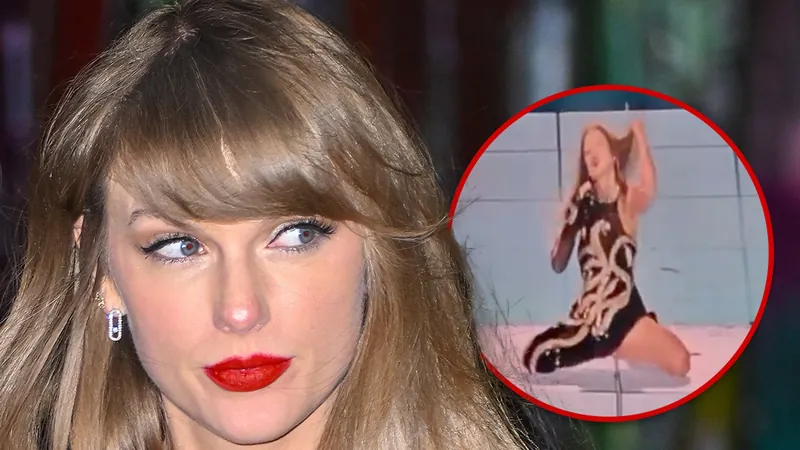
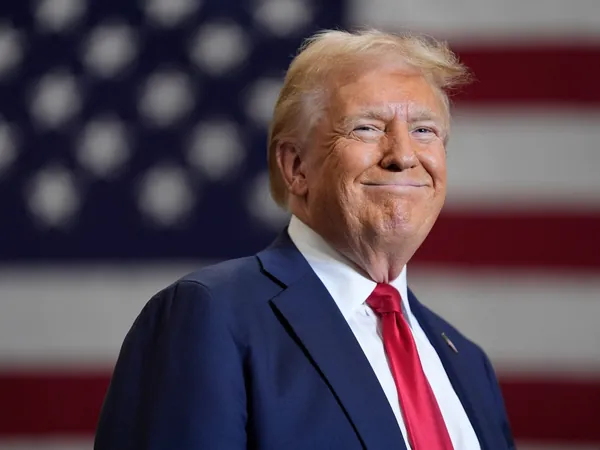

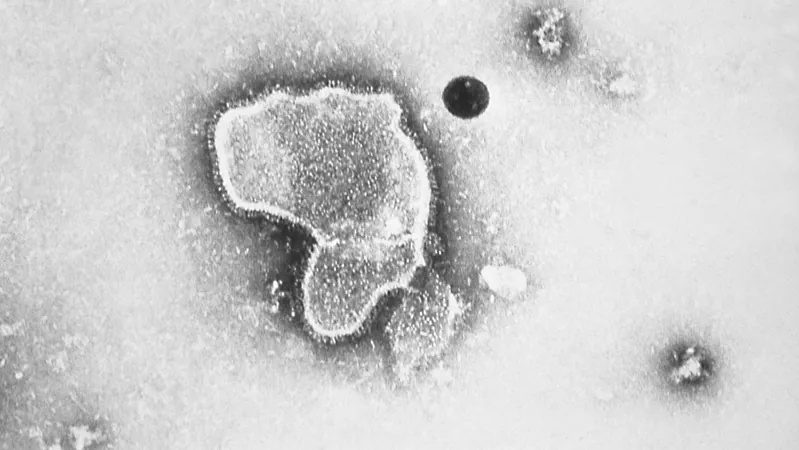
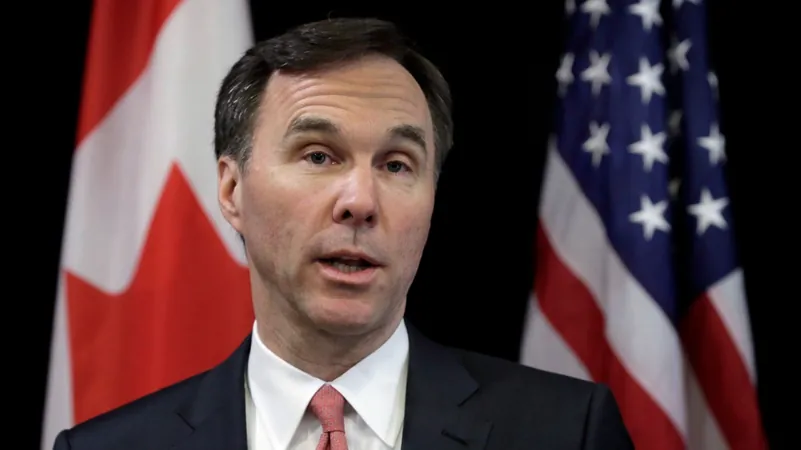
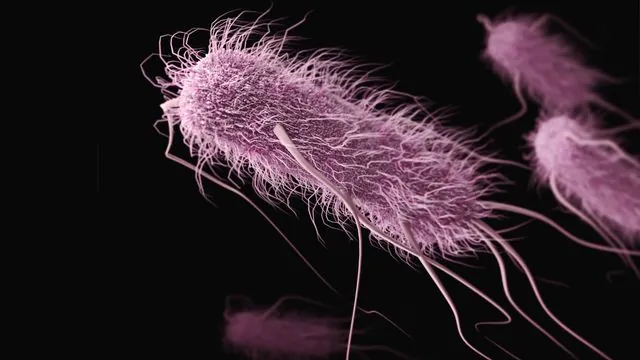

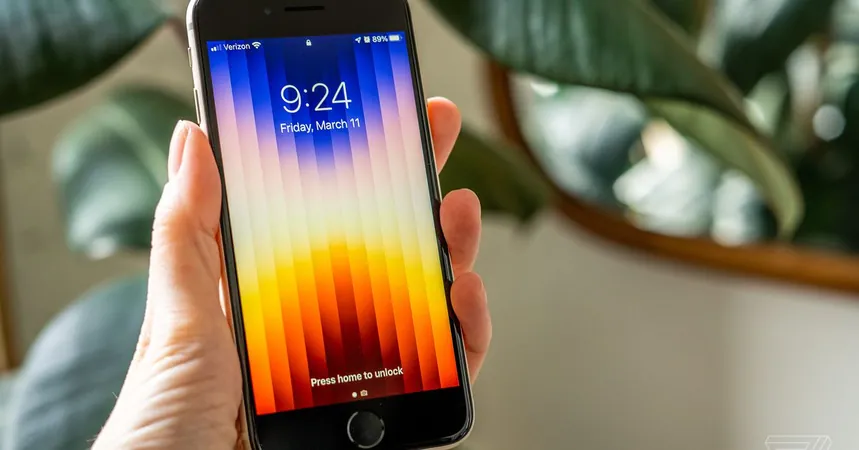
 Brasil (PT)
Brasil (PT)
 Canada (EN)
Canada (EN)
 Chile (ES)
Chile (ES)
 España (ES)
España (ES)
 France (FR)
France (FR)
 Hong Kong (EN)
Hong Kong (EN)
 Italia (IT)
Italia (IT)
 日本 (JA)
日本 (JA)
 Magyarország (HU)
Magyarország (HU)
 Norge (NO)
Norge (NO)
 Polska (PL)
Polska (PL)
 Schweiz (DE)
Schweiz (DE)
 Singapore (EN)
Singapore (EN)
 Sverige (SV)
Sverige (SV)
 Suomi (FI)
Suomi (FI)
 Türkiye (TR)
Türkiye (TR)